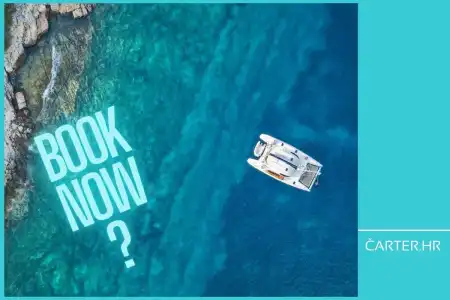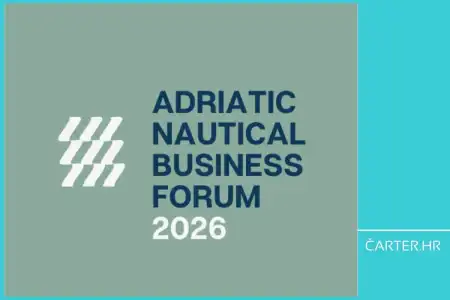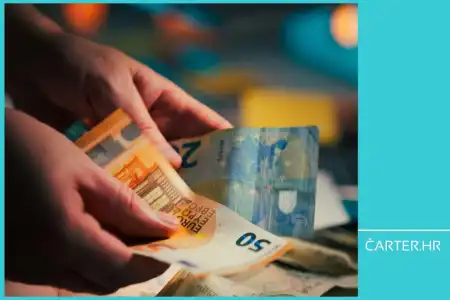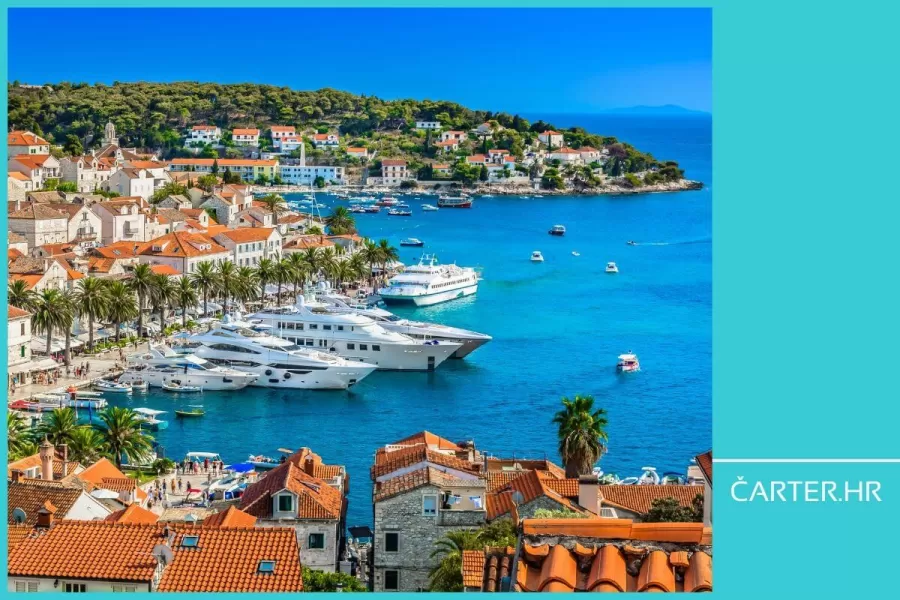
And while 2024 promises to be a year of record achievements in tourism, it remains to be seen whether geopolitical changes will turn us into a tourist power. And while it is evident that our tourism is booming, we face the question - will Lijepa Naša maintain its appeal and adapt to new challenges? Ivica Žuro reveals to us whether we are treading a fine line but also where we should focus our attention when financing entrepreneurship.
Never more hits than this year - as a rule, the former Commander Ivan Zorica would speak in Alka of Sinj after the preparations and anticipation of the main part of this unique manifestation.
Something similar can be heard in the preparation of every tourist season except during the pandemic. This year especially - rightly so, we would say.
So what can be expected in tourism on the Adriatic in 2024 based on the data on bookings so far and looking at other smoke signals?
Never a better tourist season in 2024. Or?
Given that there have already been media attacks suggesting that Croatia is not just an Adriatic destination - the season will never be better.
It is a kind of indicator that can be used in an ironic sense but also in very specific one...
Because it turns out that more effort and money is spent on discrediting that important sector than on improving it, making it more sustainable and, of course, more productive in the form of higher profits and less harm to others who do not live from it.
Along with remittances from abroad and money from EU grants and subsidies, the biggest generator of cash in the country is this activity, which year after year feeds and clothes hundreds of thousands of people in the chain and doesn't give up just like that, even in this semi-rudimentary seasonal form that needs refining.
So, what if we were to deal with it?
With the emphasis on sustainability and the goal of making tourism even more competitive, one should be aware that safety and prices are in focus in all broadcasting markets.
With inflation present everywhere, value for money is sought out. It doesn't necessarily have to be the lowest offer, but the one that offers a complete experience for what you pay for.
Different values, quality of offer, social and environmental responsibility, durability and authenticity are regarded.
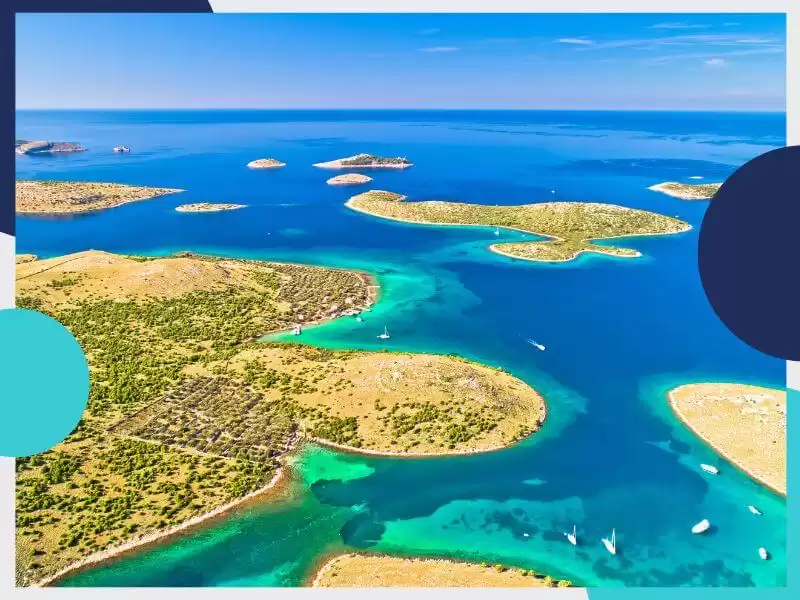
Geopolitical influences – opportunity for “Lijepa Naša” as a destination
The latest geopolitical developments in the Middle East will undoubtedly have an impact on the choice of destination.
Croatia and Montenegro should profit here not so much on their own merits but on the basis of other people's problems, and since they are safe destinations with solid traffic connections with the rest of the continent - they are always a backup option for those who would like to continue but have a dose of caution.
Hardly any country has profited more from the problems in the surrounding area than our beautiful country.
Not 2 years go by without something happening to one of our competitors, and since we are not only a plane but also a car destination - a good part of it spills over to us as well.
Let's look at just the last 12 years.
There is nothing that has not happened in the Mediterranean and in the world - from the Arab Spring, wars, Greek bankruptcy, the situation with refugees, the pandemic in which Croatia was among the more open countries to the more current crises... For example, the Swedes flooded Croatia in 2020 because there were not any flights to more exotic destinations during the pandemic.
Croatia has taken certain steps for this season regarding the improvement of health care in tourist destinations and for this purpose, also investing in boats for the islands, and the big news is emergency helicopter assistance.
There are still problems with the need for more labour, which are currently being tried to be solved by importing from outside Europe.
It will not be a crazy move to listen to the signals from the Far Eastern markets because they are a way to extend the season for most of the year.
These tourists are not only fascinated by the sun and the sea but are looking for facilities such as national parks and protected areas and an experience related to autochthonous contents.
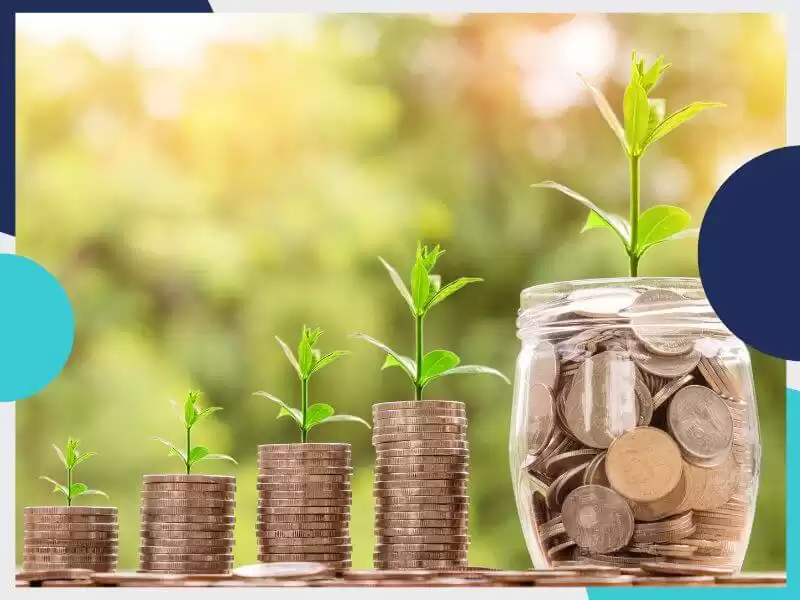
Where to focus attention when financing businesses?
Grants are only part of the offer from EU funds intended for entrepreneurs as a way of supporting business activities.
In addition to state support in the form of grants, the past financial perspective has already produced a number of hybrid and regular financial instruments as a kind of "product" in various forms: from micro-loans and small loans to loans for large investment projects to portfolio and individual guarantees for bank loans from commercial banks and venture capital funds for start-up projects.
A significant part of the financial envelope for entrepreneurs in the new perspective until 2027 for EU funds will be placed precisely through financial instruments.
A logical question arises here: why should I take loans or use the EU guarantee when I can get a grant?
Not so fast. The grant system is not so simplified that it takes place in the style of submitting an application - signing a contract - wait for payment to the account, but each grant of non-reimbursable grant usually implies a part of one's own participation in the project.
In practice, the process of obtaining grants and implementing them has been almost as long as half of the Olympic cycle - there are exceptions - and the vast majority of entrepreneurs use bank loans as a way to get their own participation.
At the same time, standard grants require at least 15% from own sources for large entities, which can be either your money or a bank loan with one of the commercial interest rates. In the case of small and medium-sized companies, it is often up to 50-60% of the participation.
Therefore, it is clear that financial instruments also have advantages for use in investments.
Furthermore, when using loans from EU funds compared to grants, the easier closing of the financial structure is a big advantage. When using EU loans - especially small ones up to EUR 50,000 - as a rule, one does not insist on one's own participation in the investment, so the entire project can be financed in the net amount from the loan itself.
Another significant advantage of financial instruments compared to grants is that they are acceptable financing activities that cover everything except gambling, arms trade, and other illegal activities.
If your company is begging for liquidity and working capital and at the same time it has not been blocked for longer than 30 days in the last 6 months, do not waste your time on non-reimbursable grants, but focus your attention more usefully on EU loans and guarantees.
The Ministry of Regional Development and EU Funds should soon present an entirely new financial instrument, which can be called retroactive grants.
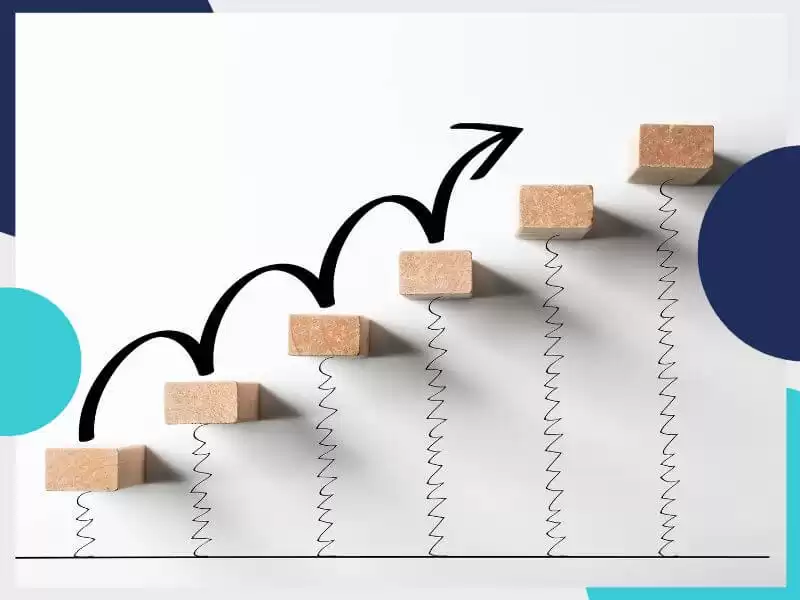
The logic of the process is as follows: entrepreneurs will report their projects to a business bank with investment studies, whereby 50% of the capital will be provided by the bank itself and the other part by EU funds.
Initially, the Ministry will define the indicators that the company will have to fulfil after the end of the project. For example, the condition for receiving support may be - in this and this year of project implementation, the planned sizes must be reached, such as:
- income increase,
- growth in the number of employees,
- increasing the share of renewable energy sources,
- reduction of energy consumption and the like.
If everything stated is fulfilled, the companies will be granted principal forgiveness, i.e. instead of the applicant doing it - the principal will be repaid from EU funds in an appropriate percentage depending on the achievement of the indicators, and at most up to the highest amounts of regional support for individual regions.
In any case, entrepreneurs should be aware that in parallel with the growth of development, there will be fewer and fewer grants and more and more financial instruments.
Classical finance can provide an answer to their requests. In finance, as a rule, requests for financing of natural persons are treated and evaluated according to a template, that is, according to a set of default rules, and if you fit in - you know the answer quickly.
On the other hand, the financing of legal entities is a solar system in itself, and any request that involves the participation of entrepreneurs should not be immediately written off.
Categories of trends
- News
- Sale
- Marketing
- SEO
- Web design
- Social media
- Technology
- Regulations
- Management
- Education
- Finances
- User experience
Newsletter
Sign up for the newsletter and receive the latest trends and tips straight to your inbox

